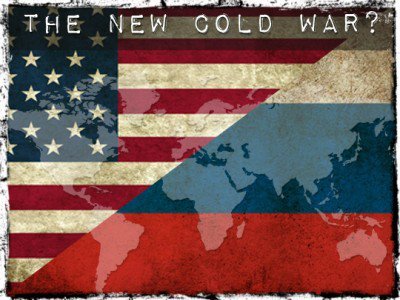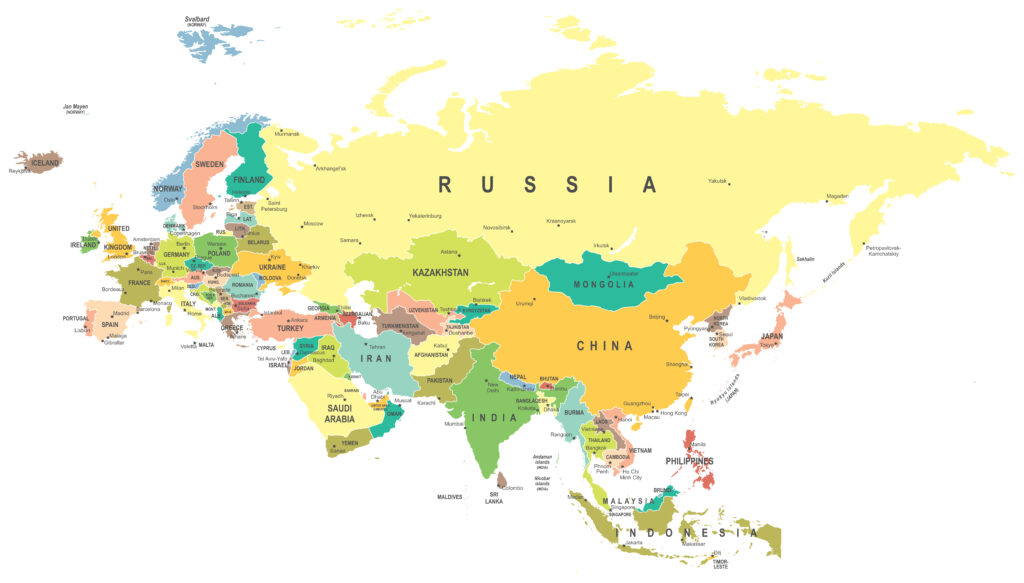
By Ben Aris, Intellinews, 5/11/23
Russian President Vladimir Putin has introduced a bill to the Russian parliament that will pull Russia out of the Conventional Armed Forces in Europe Treaty (CFE), a key Cold War security deal that will heighten military tensions with the West further.
The document was made publicly available in the Duma’s database on May 10 and is the latest in a string of security deals to collapse. In December Putin suspended the new START missile treaty that he renewed in January 2021 in the first week of US President Joe Biden’s presidency. Last month Putin released a more aggressive foreign policy concept that does away with the idea of “co-operation” with the West and replaced it with a focus on Russia’s “national interests” and building tighter relationships with the non-aligned countries of Eurasia and the Global South.
The signing of the new START agreement was taken as a breakthrough at the time and a reversal of decades of the US policy of unilaterally withdrawing from the Cold War-era security deals. The process began under former President George W Bush, who unilaterally withdrew from the Anti-Ballistic Missile Treaty (ABM) in 2002. Subsequently the US withdrew from several other key missile control and mutual inspection treaties that contributed to Putin’s paranoia that Nato was preparing to attack Russia.
As a senator at the time, Biden was opposed to the US withdrawal from the ABM treaty, which he said would be “destabilising.” His decision to renew the START deal reversed the US policy of withdrawing from these deals and was warmly welcomed by the Kremlin, who immediately suggested that work begin on restarting the Intermediate-Range Nuclear Forces Treaty (INS) that prevents the placement of nuclear capable missiles near the mutual borders.
The CFE treaty is arguably the most important treaty of all, as while most of the other Cold War treaties govern the placement and use of missiles, the CFE treaty prevents the build-up of conventional forces at or near mutual borders. Russia already has hundreds of thousands of troops in Ukraine, which shares a border with EU and Nato members Hungary, Poland, Romania and Slovakia.
“Europe” is defined as including all the Russian territory up to the Ural mountains, which lie some 400 km to the east of Moscow. The treaty prevents Russia from building up conventional forces in the European part of Russia, but withdrawing from it would in theory allow Russia to amass large forces in its military bases in places like Rostov-on-Don in the south right on the Ukrainian border and in the Northern Military District that faces Poland and the Baltic States or the Crimea peninsula.
Sergey Ryabkov, Russian Deputy Foreign Minister, was previously appointed as Putin’s official representative for the consideration of the CFE treaty denunciation in Parliament. Ryabkov also played the lead role in the negotiations with the US in January 2021, together with his boss, Russian Foreign Minister Sergei Lavrov, in insisting on a “legally binding guarantee” from the West that Ukraine would not be allowed to join Nato. When those talks failed at the end of February Russia immediately invaded Ukraine.
According to the bill’s explanatory note, the treaty “was a sufficiently efficient and effective tool for the early 1990s to strengthen European security.” However, it has since become “largely outdated and out of touch with reality,” due to significant military-political changes, particularly those associated with Nato’s enlargement, Tass reports.
The note also highlights that the treaty has been suspended to “encourage a change in attitude from Western countries towards European security.”
The explanatory note claims that the situation surrounding conventional arms in Europe has deteriorated since 2007, when Putin made his famous speech at the Munich Security Conference warning Russia would “push back” if Nato’s eastward expansion was not curtailed. The note also accuses the United States and its allies of pursuing a policy of military confrontation with Russia, which “could have disastrous repercussions.”
Since its start over a year ago, the clash between Ukraine and Russia has steadily escalated, with Ukraine’s Nato allies providing increasingly powerful weapons. Initially reluctant to send any offensive weapons that could be constituted by the Kremlin as an attack on Russia via the proxy of Ukraine, those foibles have been steadily eroded. Earlier this year the West collectively agreed to send some 400 modern German-made Leopard II tanks to Ukraine; these are ostentatiously offensive weapons that can outgun any tanks Russia has.
Most recently, the UK crossed another line by announcing this week that it would provide Ukraine with long-range missiles with a range of some 300 km – an offensive weapon that can reach into Russia proper and take out targets like airfields and fuel and ammo dumps deep inside Russian territory.
The US has noticeably refrained from providing Ukraine with this type of missile so far and repeated this week that it has no plans to supply them. The highly accurate and deadly HIMARS missile system the US has provided to date includes rockets with a maximum range of 80 km, but the US has refrained from providing Kyiv with a more advanced version of the rockets with a range of more than 300 km.
In addition to nixing the CFE treaty, the bill states that Russia will terminate any related international agreements immediately. These include agreements on maximum conventional arms levels, signed in Budapest in 1990, and the document agreed among the State Parties to the CFE Treaty of November 19, 1990, in relation to the final document of the First Conference to Review the Operation of the Treaty on Conventional Armed Forces in Europe.
The CFE Treaty was signed in 1990 in the dying days of the Soviet Union and as part of the rapprochement between the USSR under Mikhail Gorbachev and his counterpart George Bush senior. It was further adapted in 1997 by Boris Yeltsin as relations continued to improve.
However, Nato countries did not ratify the adapted version and continued to abide by the 1990 provisions, resulting in Russia declaring a moratorium on implementing the terms of the treaty in 2007. On March 11, 2015, Russia suspended its participation in meetings of the Joint Consultative Group on the CFE Treaty, effectively ending its membership, with Belarus representing Russia’s interests since then, Tass reports.


